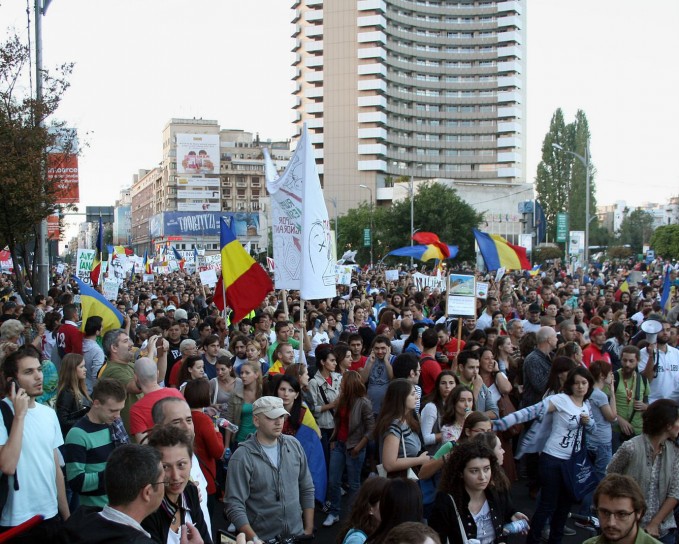
Photo: Protest against the Rosia Montana Gold Mine Project in Bucharest, Romania (2013),
Bogdan Giușcă (excerpt: Axel Braun, wikimedia commons
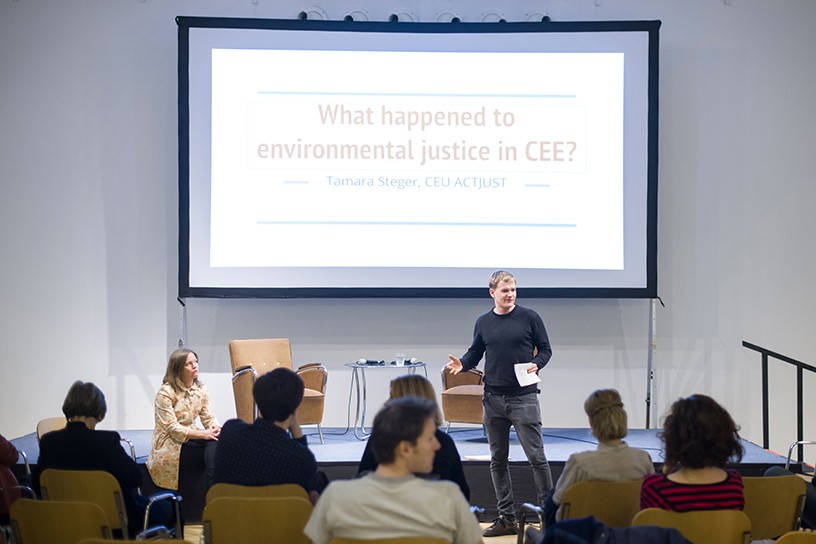
Photo: Daniel Vegel, 2016.
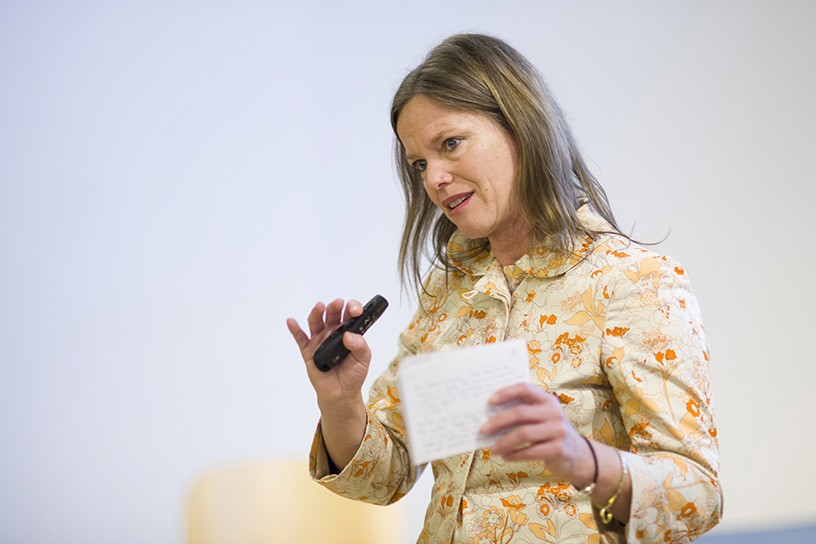
Photo: Daniel Vegel, 2016.
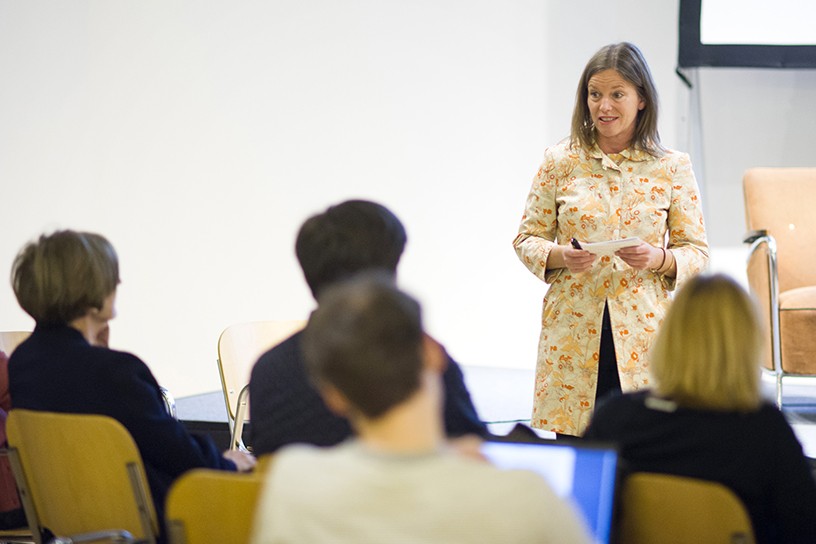
Photo: Daniel Vegel, 2016.
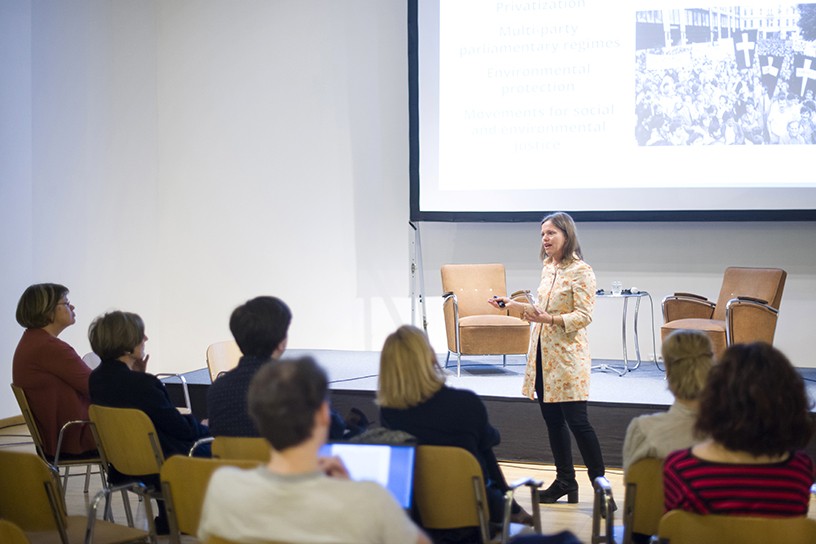
Photo: Daniel Vegel, 2016.
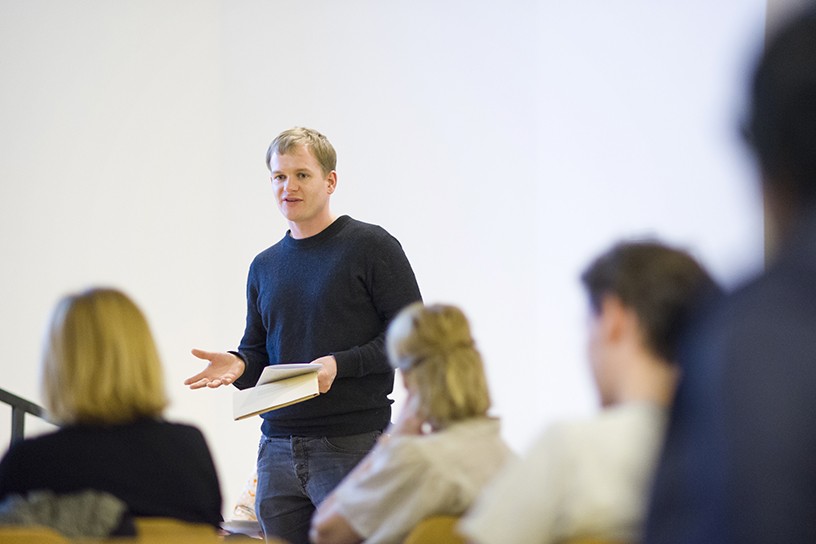
Photo: Daniel Vegel, 2016.
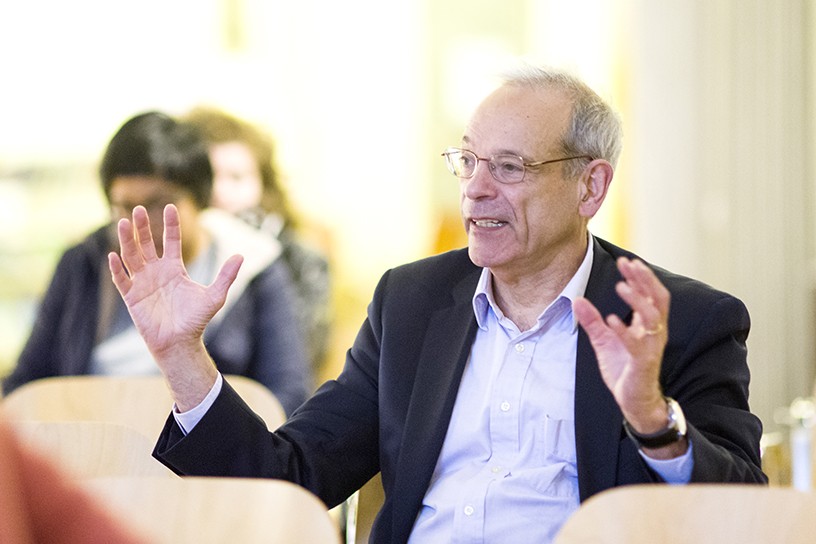
Photo: Daniel Vegel, 2016.
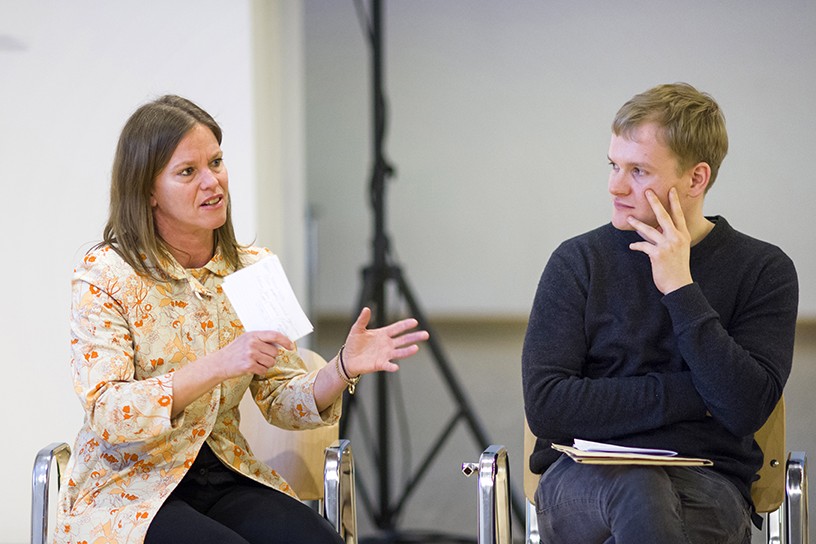
Photo: Daniel Vegel, 2016.
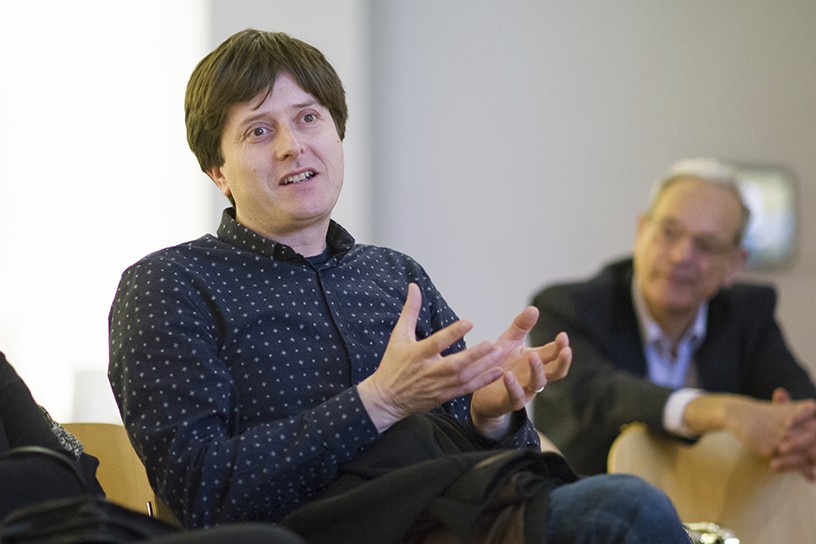
Photo: Daniel Vegel, 2016.
2016 március 18, 18:30
Tamara Steger előadása
[CEU, Environmental and Social Justice Action Research Group]
What Happened to Environmental Justice?
Transition and Transformation in Central and Eastern Europe
moderátor: Axel Braun
Az esemény Axel Braun VALAMILYEN ELLENZÉK című kiállításához
kapcsolódó POLITIZÁLT TÁJ rendezvénysorozat része
Blinken OSA Archívum
Arany János utca 32
5051 Budapest
Tamara Steger's presentation contextualizes environmental justice in CEE under state socialism leading up to 1989 and during post-socialist transformation with EU enlargement and the introduction of multi-party parliamentary regimes and liberalization driven by a neoliberal framework (e.g., privatization and marketization). Almost 20 years after the collapse of the former Communist Party based regimes, Central and Eastern Europe has become part of the global market and struggles for environmental justice that once confronted the former Soviet-style “massive industrialization project” under state socialism are now confronted with the complexity of various alliances puppeteering financialization mechanisms associated with domestic and international capital and the political parties assumed to represent their interests.
ABOUT ENVIRONMENTAL JUSTICE
An environmental injustice exists when members of a disadvantaged, ethnic, minority or other groups suffer disproportionately at the local, regional (subnational), or national levels from environmental risks or hazards, and/or suffer disproportionately from violations of fundamental human rights as a result of environmental factors, and/or denied access to environmental investments, benefits, and/or natural resources, and/or are denied access to information; and/or participation in decision-making; and/or access to justice in environment-related matters .
(Steger, T. (ed.) (2007). Making the case for environmental justice in Central and Eastern Europe. Brussels: Central European University, Center for Environmental Policy and
Law (CEPL), (Budapest, Hungary) & the Health and Environment Alliance (HEAL).: 10).
ABOUT TAMARA STEGER
Tamara Steger is an Associate Professor in the Department of Environmental Sciences and Policy at Central European University (CEU) in Budapest, Hungary. She is the founder of the Environmental Justice Program (est. 2003) of the Environmental and Social Justice Action Research Group (ACTJUST) at CEU. Her work has involved pioneering case study research on environmental justice in Central and Eastern Europe (CEE), and articulating a policy and legal oriented framework for promoting environmental justice in CEE. She has also been involved in social movement research on the OCCUPY movement, the anti-fracking movement, Critical Mass, and Climate Justice.